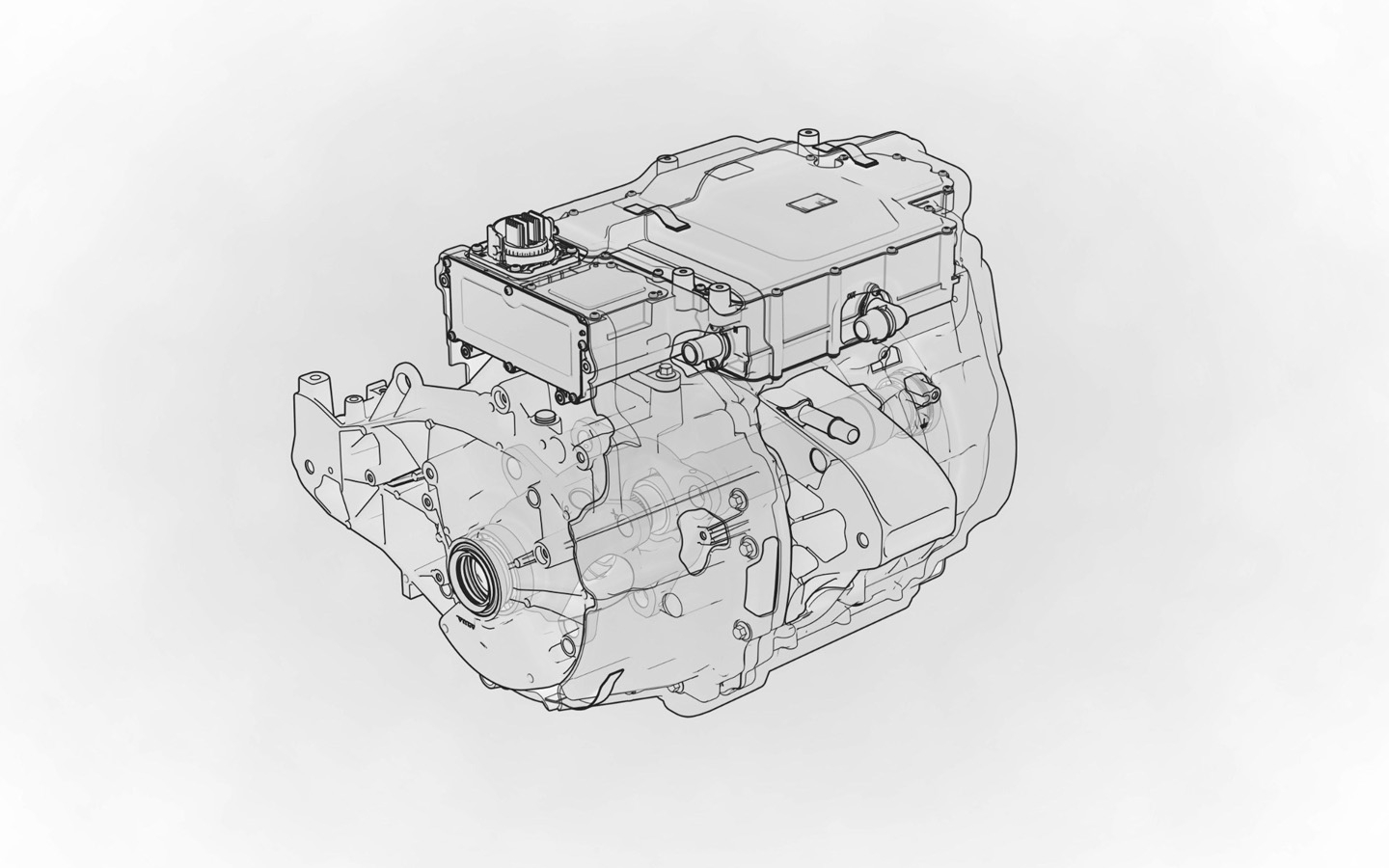Volvo will begin assembling electric motors at its plant in Shevde, Sweden. This is stated in a press release from the brand (available at Autonews.ru). As explained in the company, by the middle of this decade, the enterprise will have established its own complete production of electric motors.
“At the first stage, only the assembly of electric motors will be carried out at the Shevda plant. At a later date, the company plans to fully implement the production process for electric motors, ”Volvo said in a statement.
For these purposes, the Swedes plan to allocate 68 million euros. Volvo expects 50% of sales to be from electric vehicles by 2025. The other half of their sales, according to their plan, should be in hybrids. At the moment, the design and development of the company’s electric motors takes place in Gothenburg (Sweden), as well as in Shanghai (China).
As for conventional internal combustion engines, they will also be produced at the Shevde plant. However, their production will now be handled by Volvo’s subsidiary PES (Powertrain Engineering Sweden), which will combine this process with Geely.
Volvo recalled that their very first car in 1927 was equipped with an engine built in Shevde. The company hopes that it will now become part of the Swedish company’s “exciting future”.
–
Volvo cites electrification as part of its comprehensive plan to tackle climate change and wants to reduce its carbon footprint. By 2040, the Swedish automaker aims to become a climate neutral company – in addition to switching to electric cars, this means Volvo will recycle and reuse materials, as well as avoid carbon emissions from its production network and other broader operations, including supply chains.
The first electric car of the Swedish company is called the XC40 Recharge P8. In Russia sales of this car start next year. The “green” crossover was equipped with two electric motors – one on each axle. The total power is 408 liters. from. and 660 Nm of torque. Acceleration to hundreds takes 4.9 seconds for an electric car. The maximum speed is 180 km per hour.
–

